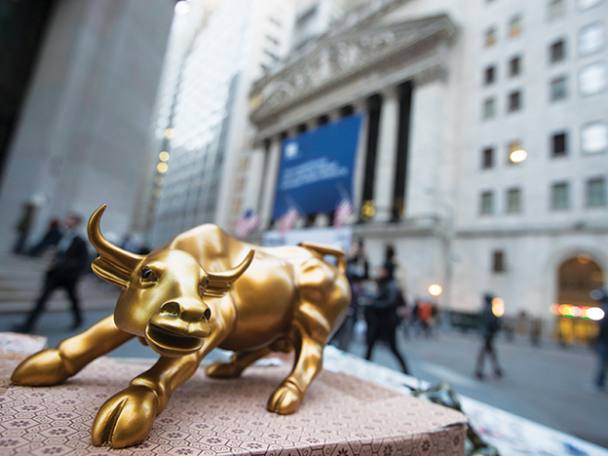Which is best for promoting economic growth: policies and institutions that favour capital, or ones that favour labour? This old question lies behind the debate about whether the US is heading for recession or not.
In theory, either can do so under the right conditions. For example, after WWII many western countries had pro(ish)-worker policies: lowish inequality, powerful trades unions and a policy commitment to full employment. And in the 1950s and1960s, these economies grew well. High wages encouraged conpanies to raise productivity by investing in new equipment, while the assurance of full employment also encouraged such investment. And because capital utilisation was high, profit rates were good, which further stimulated investment. We had a successful wage-led regime.
But it broke down in the 1970s and – especially in the US and UK – was replaced by pro-capital policies and institutions such as weakened trades unions and heightened inequality. In the US – although not UK – these have led to a rising share in gross domestic product of profits and a falling share for workers.
This can foster economic growth – and indeed it has – if the assurance of high profit margins and a quiescent workforce encourages capital spending.
But herein lies our problem. This is now in doubt. Profit-led growth requires certain conditions to be in place – but perhaps they no longer are.
One of these is that companies heavily reinvest their profits. But this is no longer happening. Non-residential capital spending fell slightly in the second quarter. Another is that workers respond to wage restraint by running down savings or increasing borrowing to maintain aggregate demand. While this occurred in the 1980s and 1990s it is no longer doing so: the savings ratio has actually risen since 2016. Yet another is that management has the ability or incentive to increase productivity. But this is faltering; in the past five years it has grown only 1.2 per cent a year, whereas in the 50 years up to 2007 it grew by 2.2 per cent a year.
None of this means a recession is a sure thing. It means something bigger – that the stakes here are high. A recession would be more than merely the ordinary working of the business cycle. It would throw into question the viability of the profit-led regime we have seen since the 1980s.
You can be forgiven for thinking equity investors needn’t worry about this. After all, the stock market did very well during the wage-led regime of the 1950s and 1960s.
I fear, though, that this is too complacent. The profit-led regime since the 1980s has been fantastic for shareholders. Sydney Ludvigson at New York University and colleagues have shown that most of the rise in the stock market since 1989 is due not to economic growth or to lower interest rates but to the rise in the profit share. Anything that brings this into jeopardy would therefore unsettle investors. This is one justification for why share prices are so sensitive to even the slightest hint of recession. One thing we learned in the 1970s is that the transition from one regime to the other – even if it ultimately proves successful – can see share prices fall a lot.









